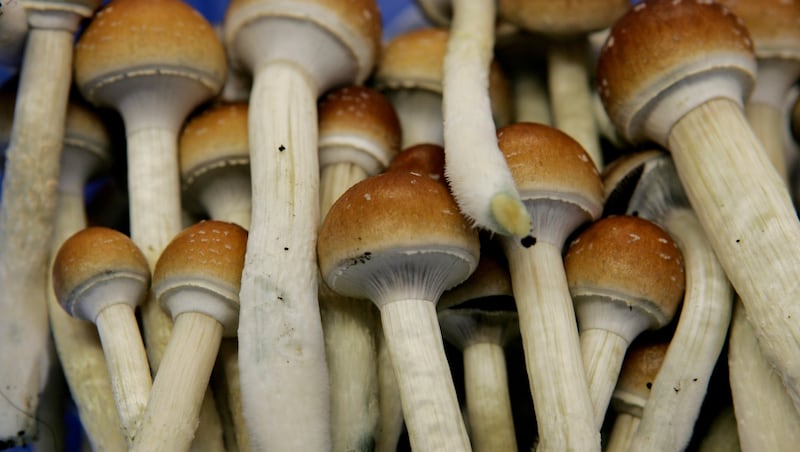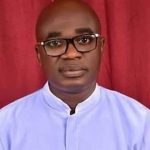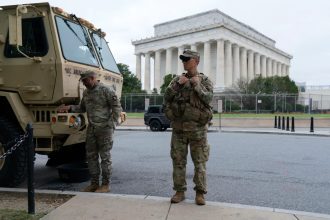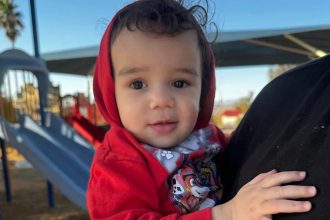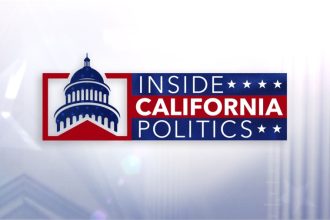A federal judge has made a ruling in favor of a Utah religion that uses psychedelic mushrooms in a first-of-its-kind case that put the state’s new religious freedom law to the test.
The faith group, Singularism, claims Provo City and Utah County violated the new law and other laws when police seized its psilocybin and scriptures last November and filed criminal charges against its founder, Bridger Lee Jensen. The city and county maintain that Singularism is motivated by a desire to sell illegal drugs, not to practice and promote a religious faith.
U.S. District Judge Jill Parrish determined the prosecution was brought in “bad faith” as part of a larger effort to ”harass” the group’s entheogenic religious practices and in hopes of giving the government a second opportunity to litigate the free-exercise of religion issues that emerged in the case.
“The prosecution has already caused Singularism to lose many of its practitioners and affiliates, and forcing plaintiffs to wait until the conclusion of the criminal proceedings to secure their free-exercise rights would be the equivalent of issuing a death warrant for their nascent religion,” the judge wrote.
Parrish denied Provo’s and Utah County’s motion to dismiss the lawsuit and ordered county prosecutors to stop the criminal proceedings against Jensen pending a ruling in the federal case.
Religious freedom protections
In 2024, Utah lawmakers passed a state-level Religious Freedom Restoration Act that gives Utahns more power to challenge government actions that interfere with their religious beliefs.
“In a world that’s increasingly hostile to religion, these amendments are an important expression of Utah’s long-established commitment to religious freedom,” Rep. Jordan Teuscher, R-South Jordan, said in February 2024.
SB150 was signed into law the next month. Eight months later, Singularism cited the law in a case that’s now testing the limits of that long-established commitment by asking whether religious freedom protections extend to a new faith group using psychedelic mushrooms in its ceremonies.
Earlier this year, Parrish granted Singularism’s request for a preliminary injunction, ruling that Utah government officials cannot claim to support religious freedom if they prevent Singularism’s practitioners from living according to their beliefs.
“For that guarantee of religious liberty to mean anything, the laws must protect unfamiliar religions equally with familiar ones, both in design and in practice,” she wrote.
That earlier ruling caught the attention of religious freedom experts nationwide, who say the first-of-its-kind Utah case raises familiar but still hotly debated questions about the purpose and scope of religious liberty laws.
What is Singularism?
Jensen, who describes Singularism as a “nondogmatic, spirituality-based religion,” has said he didn’t set out to put Utah’s religious freedom protections to the test. He said his goal was to share his spiritual beliefs with others and enable them to deepen their faith through psilocybin tea ceremonies as he has.
Potential practitioners are screened before they take part in the ceremonies. Insights shared by the people who take part, called “voyagers,” are added to the group’s scriptures.
Jensen opened Singularism’s spiritual center in an office park near Utah Valley Hospital in 2023. He said he invited local officials to visit and learn more, but no one took him up on the offer.
In November 2024, Provo police served a search warrant at the center and confiscated the group’s psilocybin and scriptures. County prosecutors charged Jensen with possession of psilocybin with the intent to distribute, possession of THC and use or possession of drug paraphernalia.


